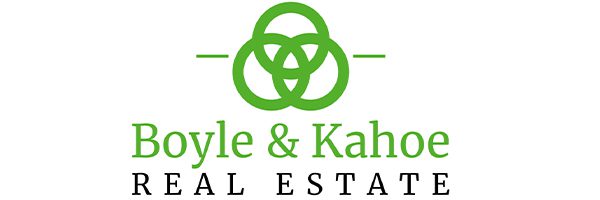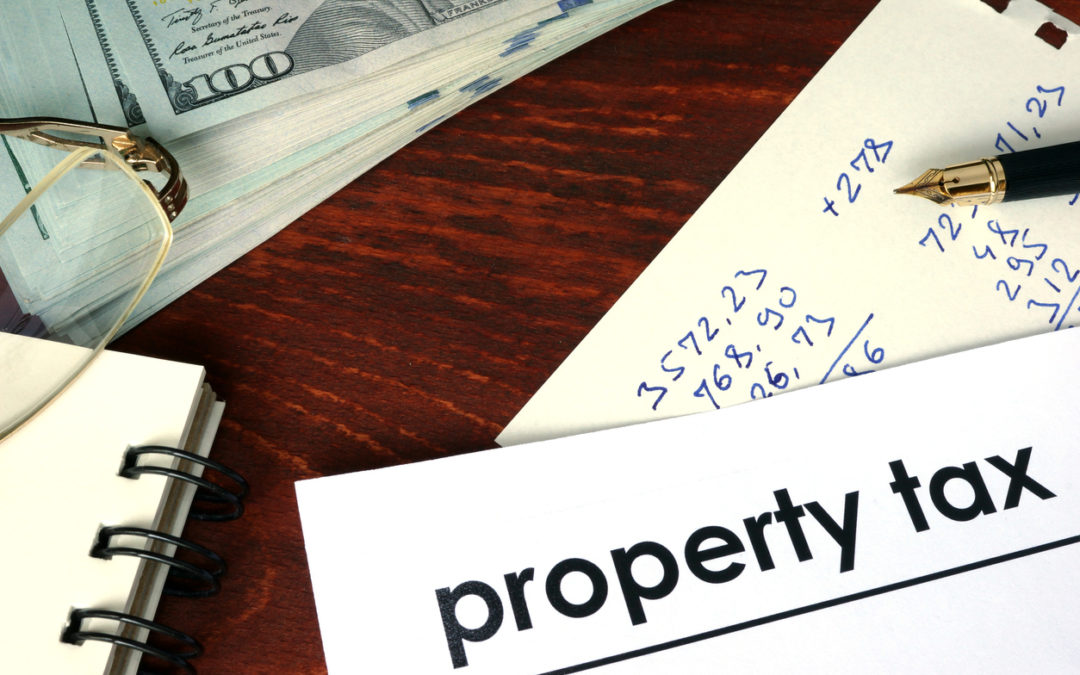How Do Property Taxes Affect Homeowners?
It is important to understand what property taxes are and how they work, whether you own a single-family home, a commercial building, or a vacant lot. Property taxes can vary widely based on what state you are in, so it is important to know exactly what you are getting into before getting too far along in the buying or selling process. Property taxes are typically paid to local governments such as counties and cities. While these taxes go toward important things, no homeowner should pay more than they have to. This article will take a closer look at what property taxes are, as well as how they work.
What is a Property Tax?
Property taxes have been collected in the U.S. since the early colonial days. They are clearly not going anywhere. Owning a home comes with many expenses, including property taxes. These taxes make up close to 17% of state and local revenue for municipalities, which is higher than sales tax and income tax. Local governments levy property taxes on property owners in their locality. This money contributes to valuable programs such as schools, libraries, police, fire fighters, garbage collection and roads.
State law states that all real property is subject to a property tax. Property taxes are calculated by applying an assessment ratio to the property’s fair market value. Unlike income or inheritance taxes that are connected to an individual person, property taxes are based on the value of the physical item at issue – the property. The owner of the property is billed each year. However, upon qualification, properties that are owned and used by religious, charitable, or educational organizations are exempt from property tax. Property owned by federal, state, or local governments are exempt from these taxes as well.
Property tax bills are issued in July or August of each year in Maryland counties and Baltimore City, as well as 155 incorporated municipalities in Maryland. Tax bills are rendered for the upcoming fiscal year and are effective as of July 1st each year. Depending on where you live, bills come from the county, city and school district, however, most areas provide one superbill for property owners to pay.
How are property taxes calculated?
Property taxes are generally a percentage or portion of the assessed value of a home each year. There are two important pieces of data needed when calculating property tax:
- The current assessed value of a home. This information would come from the tax assessor’s office when an assessment is done.
- The percentage of tax charged by the local municipality. This can usually be found on the municipality or tax assessor’s website.
Once this information is available, the property tax can be determined for a given property. A property’s location is ultimately what determines the property tax. The taxes vary widely across a state. The amount paid by citizens per thousand dollars of property value mainly depends on where the property is located. Since real estate has a fixed location and land can’t be moved, it is usually not difficult for someone to determine the government entities that have the authority to tax a property and the rates that will apply.
What is the Difference Between Property Taxes and Real Estate Taxes?
The terms property taxes and real estate taxes are interchangeable. The IRS calls them real estate taxes, but they are the same as property taxes. Both are terms referring to the money collected to help the government fund services for the community.

How are Property Taxes Paid?
Some localities collect them annually, and others collect them quarterly. Every county has different rules when collecting tax payments. Property taxes must be paid by the due date or risk paying penalties and facing a tax lien.
When financing a house, an escrow account might be able to be set up to pay your taxes. This escrow payment will increase your monthly mortgage payments. Some borrowers are required to have an escrow account to avoid borrowers from defaulting on their property taxes. A servicer for the mortgage will estimate the buyers property taxes for the following year, then break that amount into 12 payments. These amounts are then added to the monthly mortgage payments. If an escrow account is included with a mortgage payment, it will include principal, interest, real estate taxes, and mortgage insurance monthly.
How can a Real Estate Agent Help?
Any homeowner or landowner has a responsibility to pay property taxes. It is important to do research to understand what your taxes will be before buying a property. A knowledgeable and experienced real estate agent can help prospective buyers calculate the typical property taxes for a particular market. Affording a home is more than just mortgage rate and homeowners insurance. It is critical to factor in state and local taxes into the equation.
Boyle & Kahoe are real estate experts in the Harford County area, but proud to service Baltimore County, Baltimore City, Anne Arundel, Cecil Counties as well as Pennsylvania. Boyle and Kahoe Real Estate was founded in April 2019 by Jessica Boyle Tsottles and Robert Kahoe. The brokerage foundation is based on a strong passion for real estate and helping connect clients to the right properties. Jessica Boyle Tsottles is an experienced Realtor in Harford County, and Robert Kahoe is an experienced attorney focusing on real estate, estates and trusts. Together, the two are blending their vast knowledge bases together to start a brokerage that will be able to handle any real estate transaction. Visit our website for more information.

